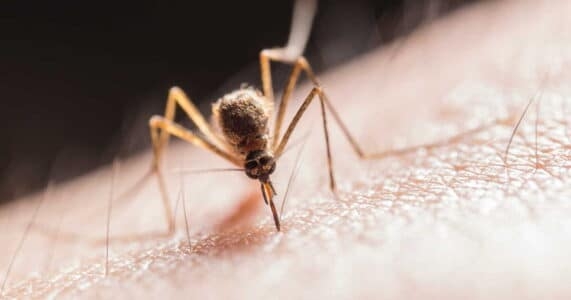A 68 -year -old man was diagnosed with Western Nile fever in Zaghouan. This is the second case identified in the region since August, after the death of a patient from Fahs on August 21. Health authorities call for intensifying the fight against mosquitoes, vectors of the disease.
In a statement to the TAP agency, Nabil Ouerfelli, deputy head of basic health in Zaghouan, said the patient was hospitalized in intensive care at the regional CHU after confirmation of his infection. He had symptoms characteristic of the disease, transmitted by a mosquito bite.
The patient’s son, a young man in his thirties, was also invited to carry out analyzes after having felt similar symptoms. Health services closely follow the evolution of its state.
History and call for vigilance
This is the second case recorded in Zaghouan since August. The first, a man from Fahs, died on August 21 at the same hospital. The health authorities call on municipalities to intensify insecticide spray operations and to eliminate stagnant waters, foci of mosquitoes proliferation.
The recommendations of a virologist
For his part, the expert in virology Mahjoub Ouni recommended, Wednesday September 3, 2025, to take all the measures necessary to eliminate the mosquito transmitting the virus of Western Nile fever.
Mahjoub Ouni, the prevention indicates that prevention comes above all through the protection of dwellings with mosquito nets, the use of repellents and insecticides, as well as the elimination of stagnant waters, real foci of mosquitoes proliferation.
Transmission and symptoms
The virus mainly affects birds. Some mosquitoes become bearers after stinging an infected bird and can then transmit the virus to humans. Ouni insisted:
“The virus is never transmitted from one human being to another”.
He added that 80% of infected people have no symptoms. The remaining cases can suffer from fever, headache, muscle pain, fatigue, digestive disorders or rashes. In the elderly or fragile, infection can evolve towards serious neurological complications, requiring hospitalization.
No specific vaccine or treatment currently exists against Western Nile fever. Monitoring is provided in Tunisia by several research centers, including the Pasteur Institute, which monitors the evolution of the situation.








